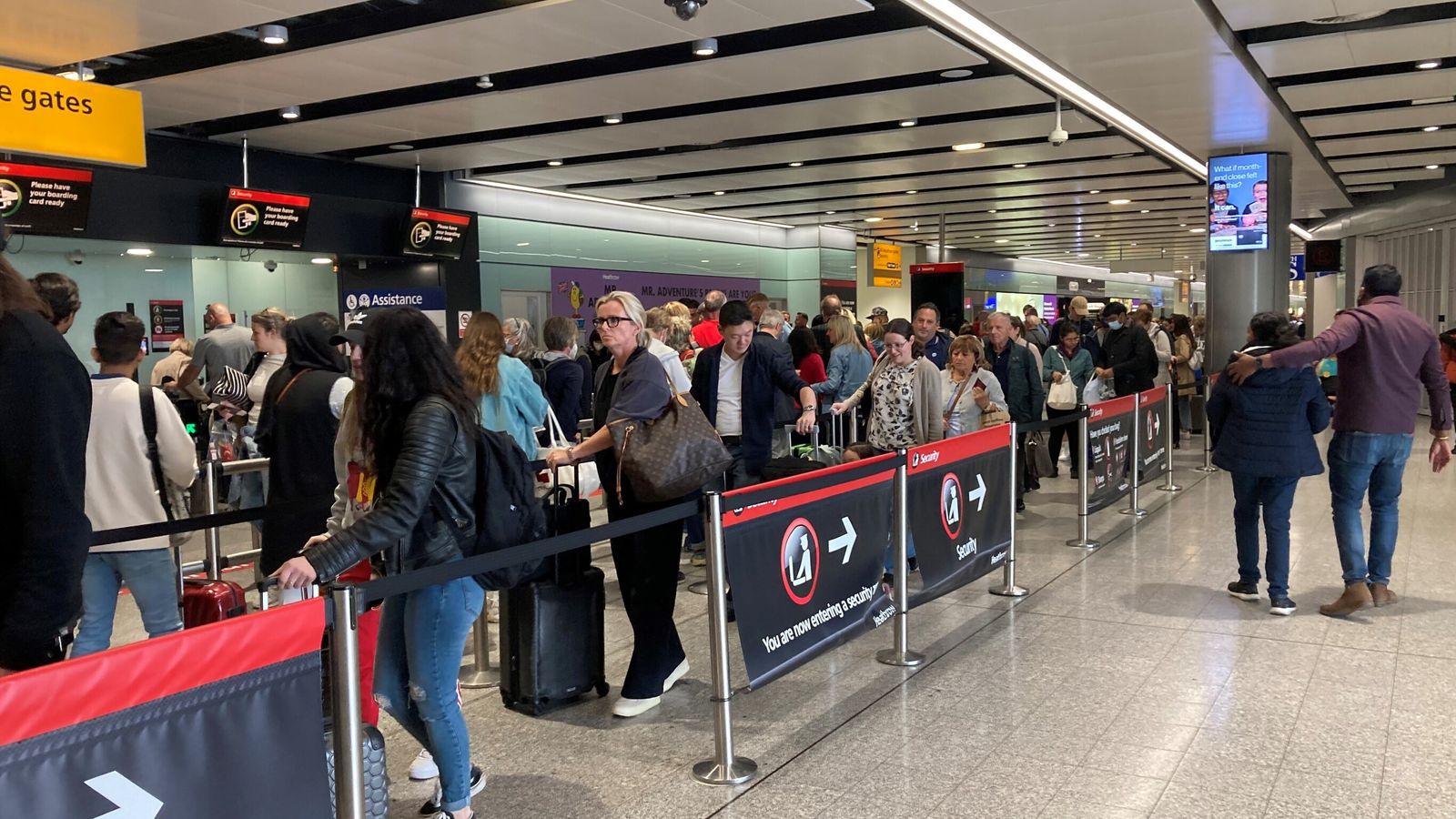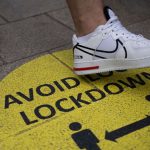Thousands of airline passengers are facing fresh disruption as widespread flight cancellations continue.
EasyJet cancelled at least 35 flights on Tuesday, with Gatwick the worst affected airport.
Hungarian carrier Wizz Air axed at least seven flights due to serve UK airports.
While British Airways cancelled 124 Heathrow flights, although the airline said affected passengers were given advance notice.
Today’s cancellations are the latest following months of disruption for UK airline passengers – leaving the holiday plans of tens of thousands of travellers in disarray.
The chaos has also impacted those who have managed to getaway, with many thousands of British holidaymakers finding themselves stranded across the rest of Europe after hundreds of flight cancellations.
The aviation industry is struggling to recruit new workers after letting thousands of people go during the coronavirus pandemic – and a blame game has broken out over who is responsible for the crisis.
Boris Johnson news live: PM told ‘this is the end’ as Tories descend into ‘civil war’
Boris Johnson could face another confidence vote in six months as committee looking at rule change, says rebel MP
Boris Johnson: For now he stays in office, but is he really in power?
Airlines, airports and ground handling companies repeatedly called for sector-specific financial support during the COVID-19 crisis as lockdowns and travel restrictions suppressed demand.
Airlines are now suffering from staff shortages and say government red tape is delaying security checks on any new recruits.
Transport Secretary Grant Shapps has rejected calls to open the door to more “cheap” overseas workers to relieve the pressure on the sector.
He has claimed airlines and travel firms have “seriously oversold flights and holidays relative to their capacity to deliver” despite government warnings, and accused bosses of “cutting too far”.
Please use Chrome browser for a more accessible video player
The cabinet minister has answered industry demands to speed up security checks for workers and allow some staff in non-security related jobs to take up training immediately.
But he has said it is up to the sector to fix the issues after receiving £8bn of state support and having access to furlough money to keep staff on the books while COVID travel restrictions were in place.






















